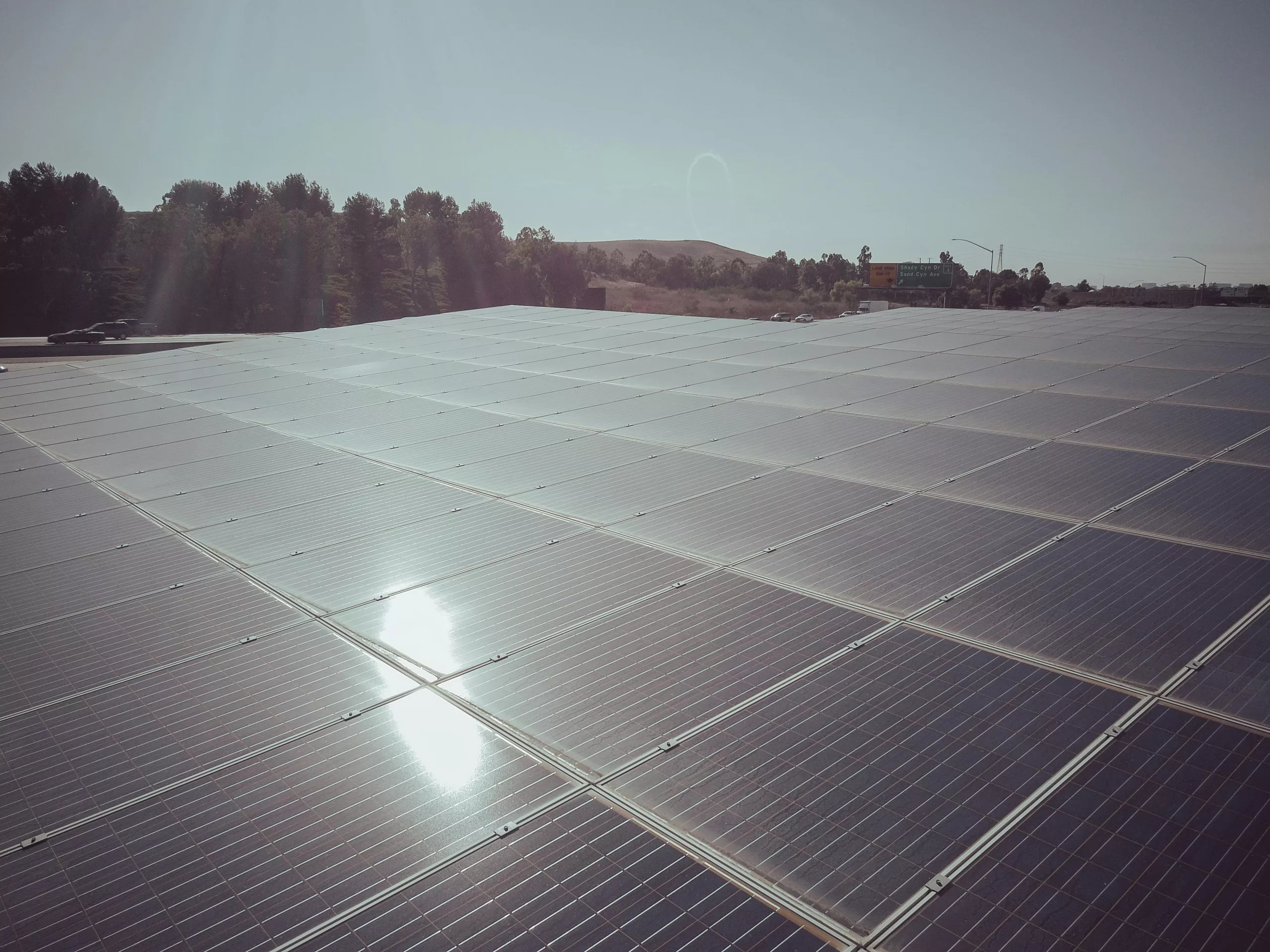Breaking new ground in renewable energy, Oxford PV has taken a momentous leap by setting the world record for solar panel efficiency. Originating from the prestigious University of Oxford, this cutting-edge company, in partnership with Germany’s esteemed Fraunhofer Institute for Solar Energy Systems, announced a solar panel that astonishingly converts 25% of solar energy into electricity. This remarkable feat eclipses the average efficiency range of 16-24% observed in commercial solar panels.
The Technology Behind the Triumph
Oxford PV attributes its success to the innovative perovskite-on-silicon tandem solar cells—a technology that could potentially surmount a staggering 43% efficiency rate. By contrast, this makes the theoretical limit of under 30% for traditional silicon solar cells seem modest. The record-breaking panel produced an impressive 421 watts across a surface area of 1.68 square meters. The magic behind this achievement lies in the utilization of standard mass production equipment that has been fine-tuned to accommodate this pioneering tandem technology.
Verification and Further Achievements
Ensuring the credibility of this milestone, Oxford PV utilized the multispectral solar simulator provided by Fraunhofer. This sophisticated tool replicates natural sunlight within a controlled laboratory setting, allowing for meticulous testing of the panel’s perovskite and silicon layers.
Beyond this record-setting instance, Oxford PV proudly boasts a peak efficiency of 28.6% for its perovskite-on-silicon tandem solar cell designed for commercial use. With a clearly defined trajectory, the company is confident in propelling its technology to surpass the 30% efficiency mark.
Implications for the Future of Solar Energy
The ramifications of this progression in solar technology cannot be overstated. As a cornerstone of renewable energy sources, solar power claims a significant portion of the world’s shift towards clean energy. Oxford PV’s advancements in efficiency signal a transformative chapter where more power can be harvested from the same spatial footprint. This progression signifies the potential for lower costs of electricity and an accelerated migration to sustainable energy practices.
Chris Case, Oxford PV’s Chief Technology Officer, shares an enthusiastic vision. “Our record-breaking solar panels demonstrate that we are on the cusp of the next solar revolution, which will be delivered, in part, by our tandem cell technology,” he says.
As the company anticipates 2024 with fervor, the focus is set on expanding manufacturing capabilities and commencing plans for a new factory dedicated to mass-producing these game-changing tandem solar cells. Oxford PV stands on the threshold of a green transformation, leading the charge into a future powered by more efficient and environmentally friendly solar solutions.
